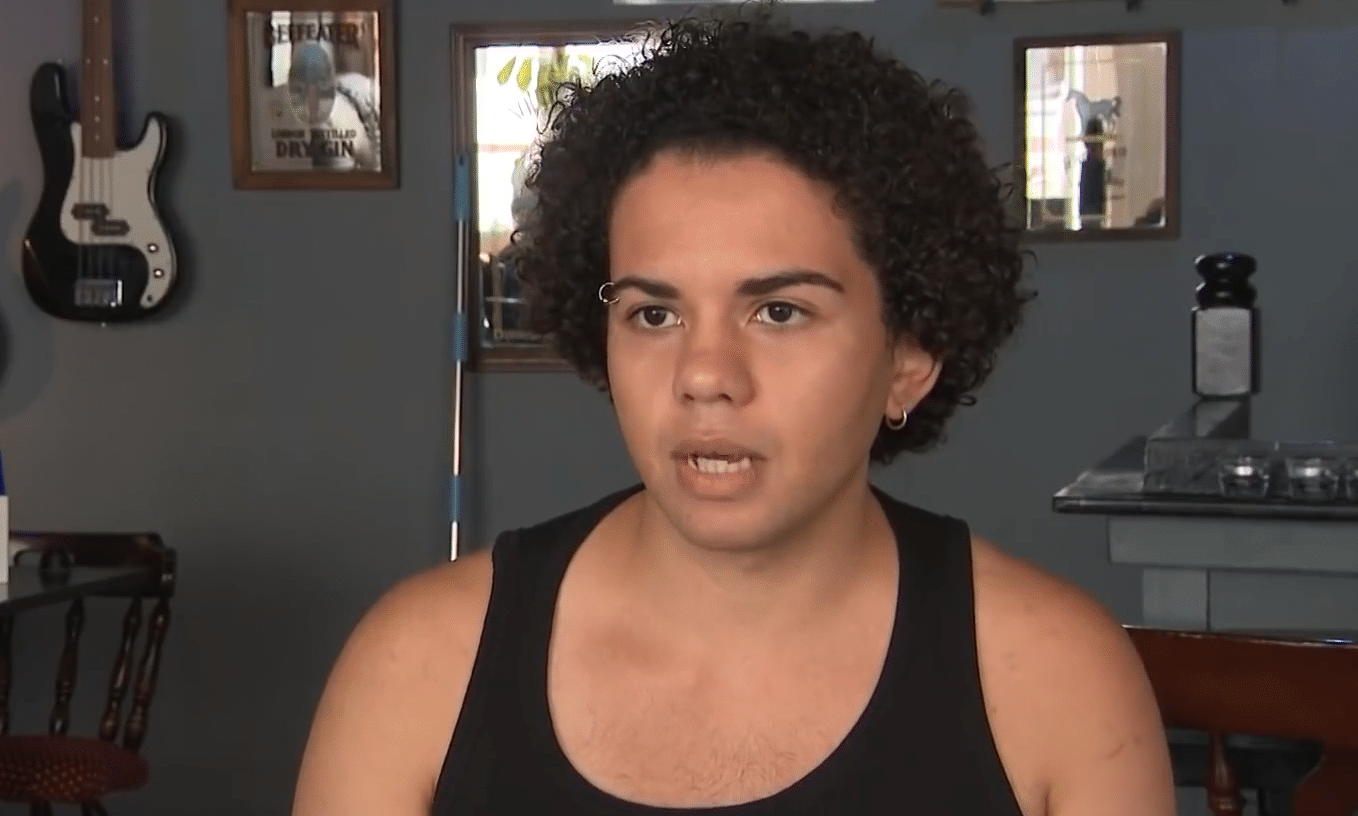Keira Bell, 23, won a landmark judicial review against GIDS in December. The NHS was granted permission to appeal in January. (YouTube/Sky News)
A children’s hospital in Sweden has stopped prescribing puberty blockers to trans under-16s with gender dysphoria, citing the Keira Bell ruling.
Astrid Lindgren Children’s Hospital in Swedish capital Stockholm said that the December 2020 ruling by the High Court for England and Wales “established overarching problems associated with puberty-blocking treatment”.
In light of the High Court’s ruling and “based on the precautionary principle, which should always be applied” the hospital has “decided that hormonal treatments (ie, puberty blocking and cross-sex hormones) will not be initiated in gender dysphoric patients under the age of 16”, it announced in a statement.
“These treatments are controversial and have recently become subject to increased attention and scrutiny both nationally and internationally,” the statement continued.
“These treatments are potentially fraught with extensive and irreversible adverse consequences such as cardiovascular disease, osteoporosis, infertility, increased cancer risk, and thrombosis. This makes it challenging to assess the risk/benefit for the individual patient, and even more challenging for the minors and their guardians to be in a position of an informed stance regarding these treatments.”
On 1 December, 2020, the High Court ruled that transgender children under the age of 16 must understand the implications both of puberty blockers and of potentially moving on to hormone therapy in order to consent to the medication.
The case was brought by Keira Bell, who began taking blockers aged 16 and now regrets that decision, and Mrs A, who wants to prevent her trans teenager from accessing the medication.
The court ruled that it was “doubtful” that 14 to 15-year-olds would be able to comprehend “the long-term risks and consequences” of the treatment, and “highly unlikely” for 13-year-olds to do the same. The devastating ruling meant that court orders would have to be obtained for every under-16 to access treatment, in order to prove that they were “competent”.
Later in December, the Tavistock and Portman NHS Trust, which runs the UK’s only gender identity clinic for trans children, began the process of appealing ruling.
In March 2021, the High Court partially reversed its ruling, saying that a “loving parent” can consent to a child taking puberty blockers.
In the ruling, Justice Nathalie Lieven said that while the Bell case found it was unlikely that children could be found competent enough to consent to the gender-affirming care, “the key difference from Bell is that parents are, in general, in a position to understand and weigh up these matters and consider what is in the long and short term best interests of their child.”
She continued: “They are adults with full capacity and as the people who know their child best, and care for them the most, will be in a position to reach a fully informed decision… I agree with the view expressed that judges do not necessarily know best, and that judges should be slow to displace the decision making role of committed and loving parents.”
The Good Law Project said in a statement: “The decision is hugely significant. The barriers to accessing puberty blockers through the Tavistock were already enormous. Very few children were able to overcome them without parental support.
“The decision means that children with that support will no longer be barred from accessing puberty blockers by the Bell decision. It is not unreasonable to describe this morning’s decision as in large part reversing the practical effects of Bell.”
